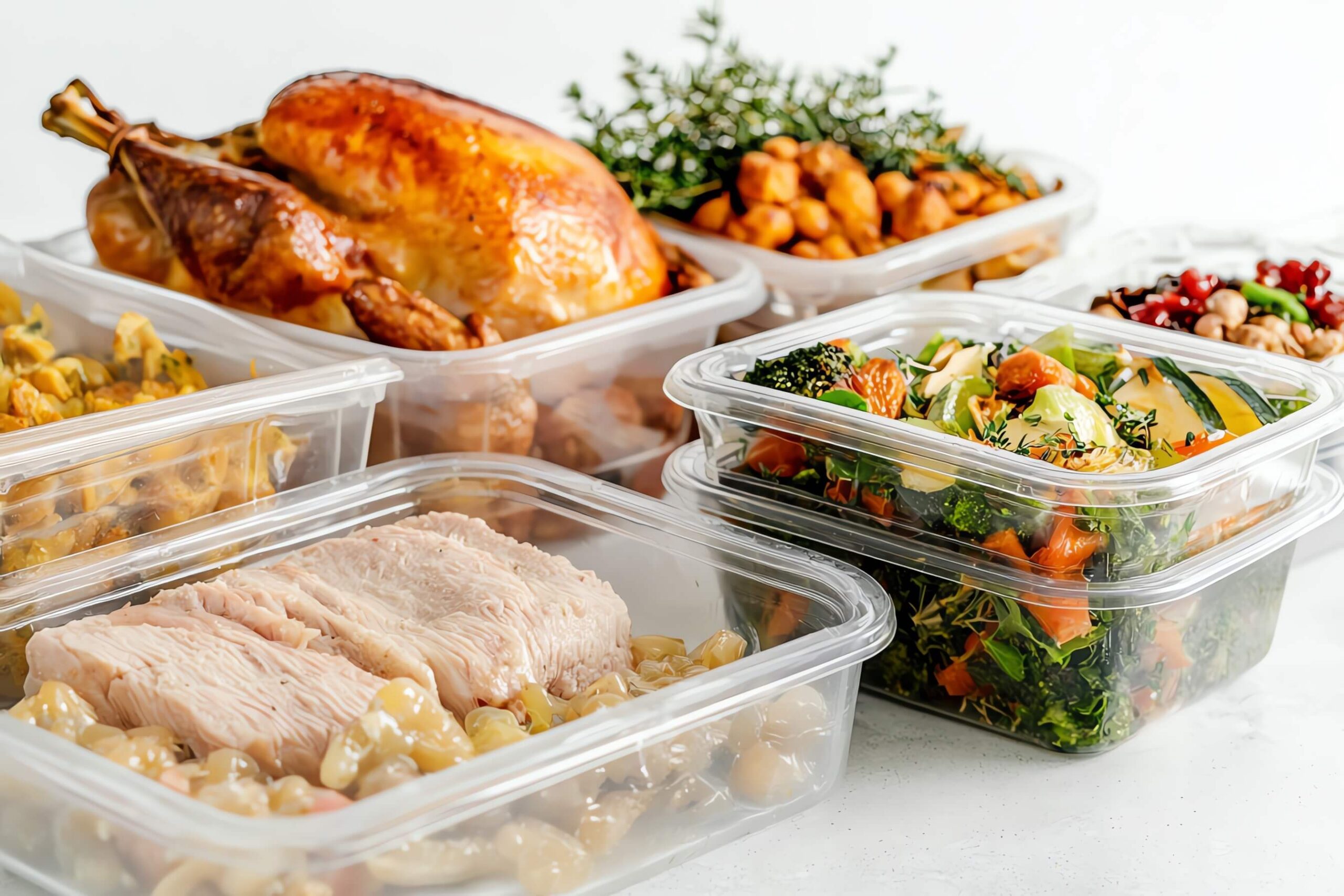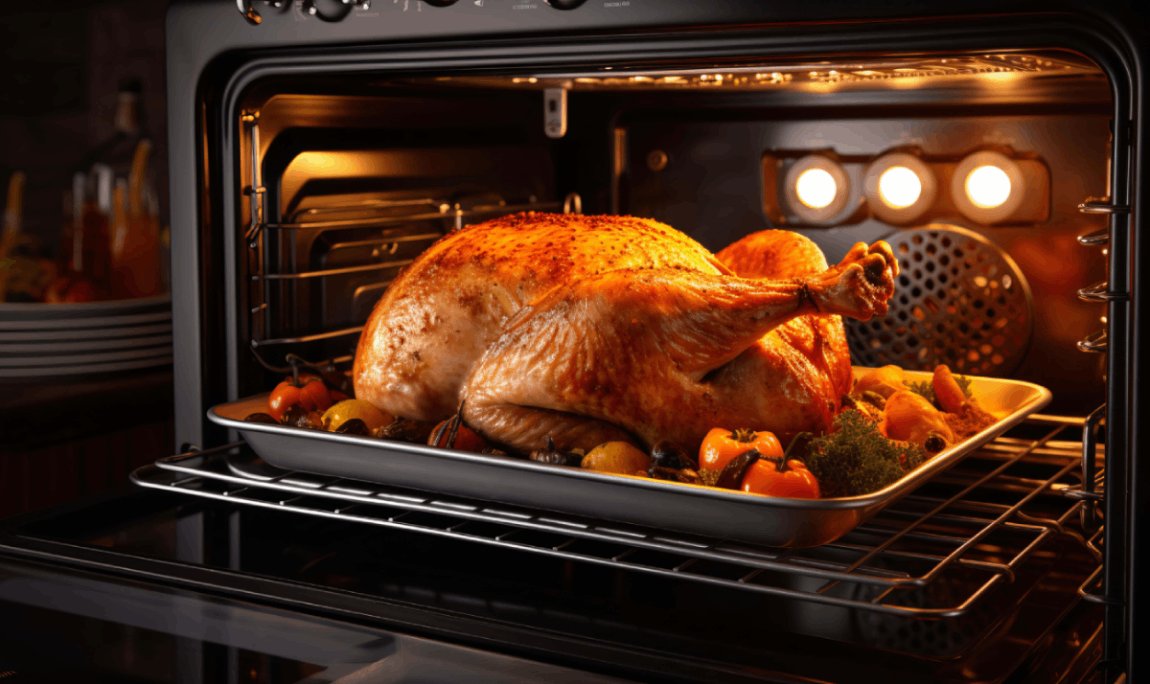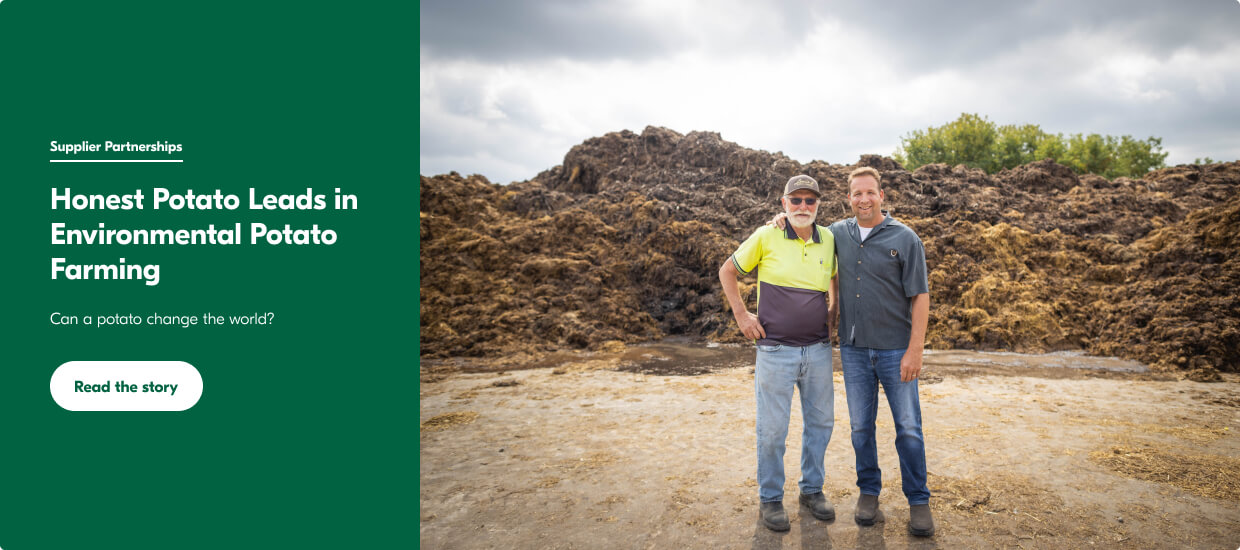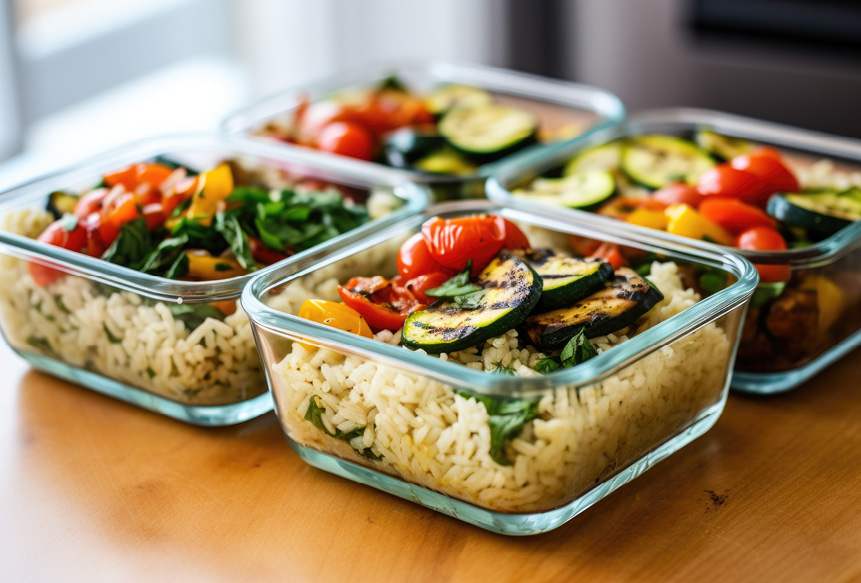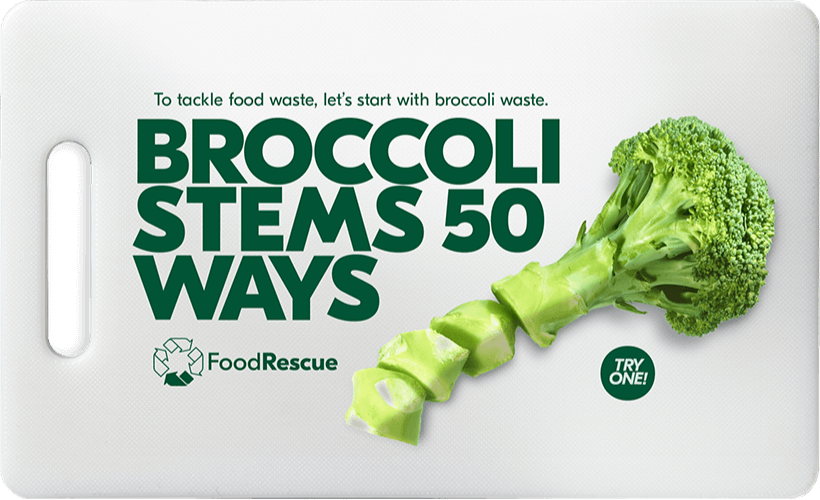The kitchen offers a world of opportunities to help champion sustainability without compromising convenience. You have the power to help make an impact by adopting energy efficient practices at home. Shonah Chalmers, Sustainable Culinary Professor at Humber college, shares ideas on how to help maximize energy-efficiency in the kitchen.
1. Helpful Cooking Strategies
Cooking with a mindful approach can help curb your energy consumption. By being cautious not to overfill the oven, you ensure even cooking and avoid prolonging appliance use. A well-arranged oven helps to accommodate proper airflow and may enhance efficiency. Using smaller appliances, like air fryers, slow cookers, and electric rotisseries, can help yield energy savings compared to conventional oven use. A standard oven often uses between 2,000 and 5,000 watts of electricity per use, whereas a smaller plug-in appliance, such as an air fryer, only uses about half as much energy. Another option would be a slow cooker, which only uses around 250 watts of energy per use. Smaller, plug-in appliances often have lower energy demands, and while it may mean slightly longer cook times, the tradeoff is well worth it!
2. Strategic Meal Planning
Meal planning is an invaluable tool. Planning out your meals in advance not only streamlines your culinary activities but also helps minimize energy and food waste. By knowing precisely what and when you will cook, you can align dishes with similar cooking times and temperatures, to help maximize oven usage and reduce overall energy expenditure.
3. Embrace Batch Cooking
Batch cooking combines convenience and energy efficiency. Preparing larger quantities of meals in a single cooking session works towards consuming less energy per portion than cooking smaller quantities across multiple instances. By refrigerating or freezing the surplus, you not only help save time on future meal preparation but might also utilize less energy. Crafting meal plans offers insight into the duration, temperature, and items ideal for joint cooking and can minimize energy waste.
4. Oven vs. Stovetop: The Energy Debate
The debate between oven and stove top energy consumption hinges on appliance usage and efficiency. While both contribute to household energy usage, the oven often claims the lion’s share. Typically, stovetop cooking, which can be energy-intensive, uses significantly less energy compared to firing up the entire oven. With the traditional oven using a whopping 2,000-5,000 watts per use, the stove top, depending on duration and burner size, only uses 1,000 – 3,000 watts. Opting for the stovetop, when feasible, can lead to energy efficiency.
5. Informed Cooking: A Path to Efficiency
Knowledge can be a catalyst for change, and informed cooking entails understanding the nuances of each appliance. Knowing your oven’s potential energy consumption underscores the importance of structuring your cooking tasks. Timely, well-coordinated cooking sessions can allow for optimal oven use, and aid in minimizing energy waste.
6. Harnessing the Power of Specialized Appliances
Modern kitchen appliances offer energy-efficient alternatives to conventional cooking methods. For instance, the air fryer, toaster oven, slow cooker, and electric rotisserie typically consume less electricity due to their focused functionality. Despite potentially longer usage times, these appliances use only a fraction of the energy required by larger appliances, such as the oven.
7. Fall in Love with Slow Cooking
The slow cooker is a versatile appliance that can help support energy-conscious cooking Its longer cooking times can help reduce energy used, compared to quicker cooking methods. Embracing slow cooking not only results in delicious dishes but can also support energy efficient culinary practices.
8. The Role of Proper Maintenance
Well-maintained appliances can help reduce costs. Regularly cleaning oven coils and stove burners can help enhance their performance and energy efficiency. Also, ensure the oven door seals are intact to help prevent energy leakage, and replace any worn-out parts. By integrating energy-saving practices into the kitchen, you can actively help contribute to a sustainable future, one culinary endeavor at a time.
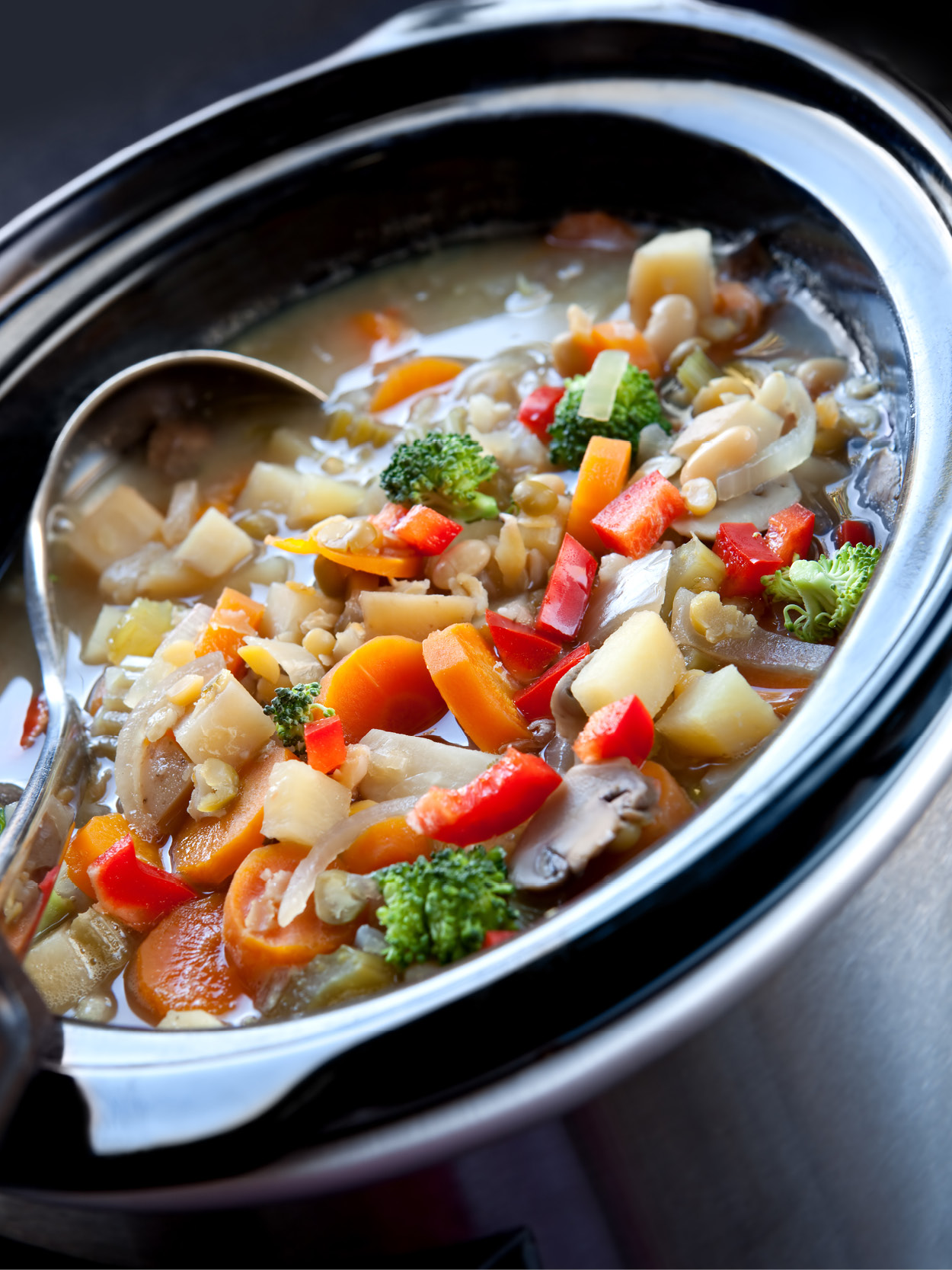
The blend of mindful cooking methods and meal planning along with strategic appliance selection and maintenance will work towards elevating your kitchen’s sustainability which may help lower your energy bill, and ultimately help pave the way to a sustainable and energy-efficient kitchen.
